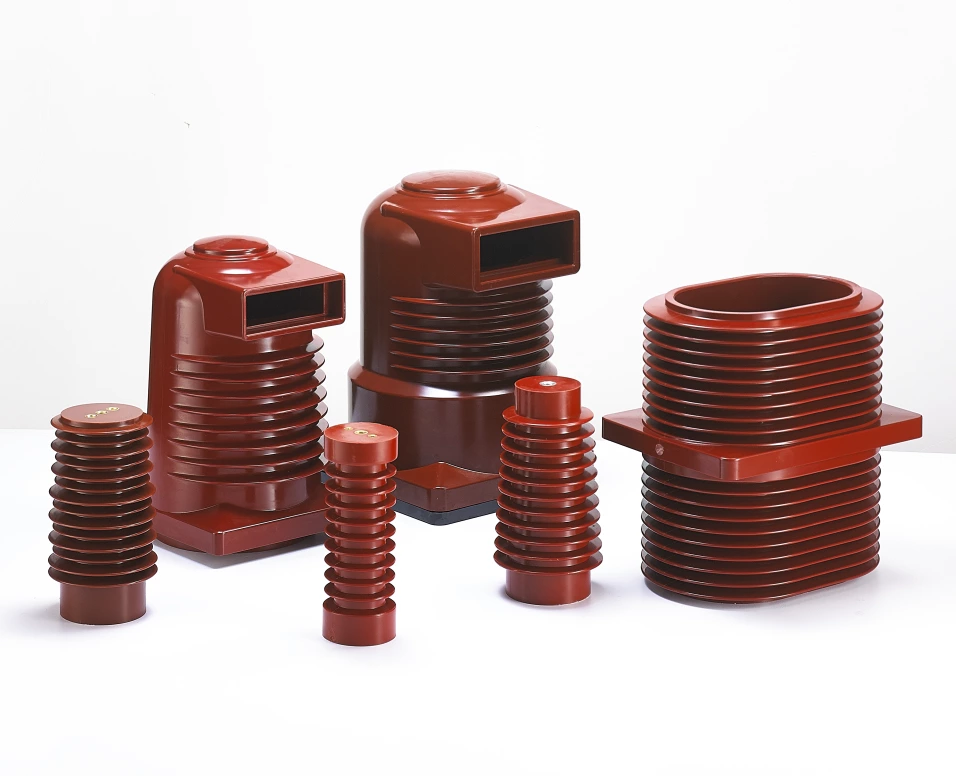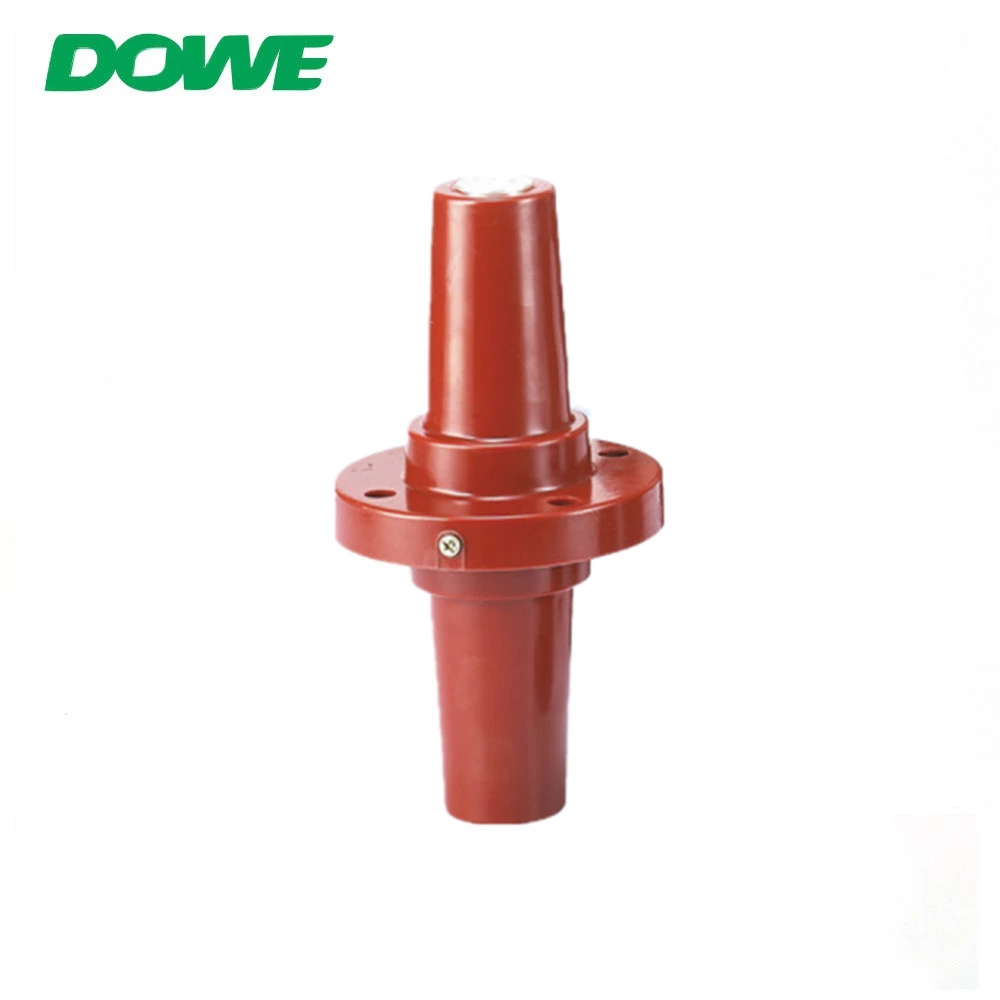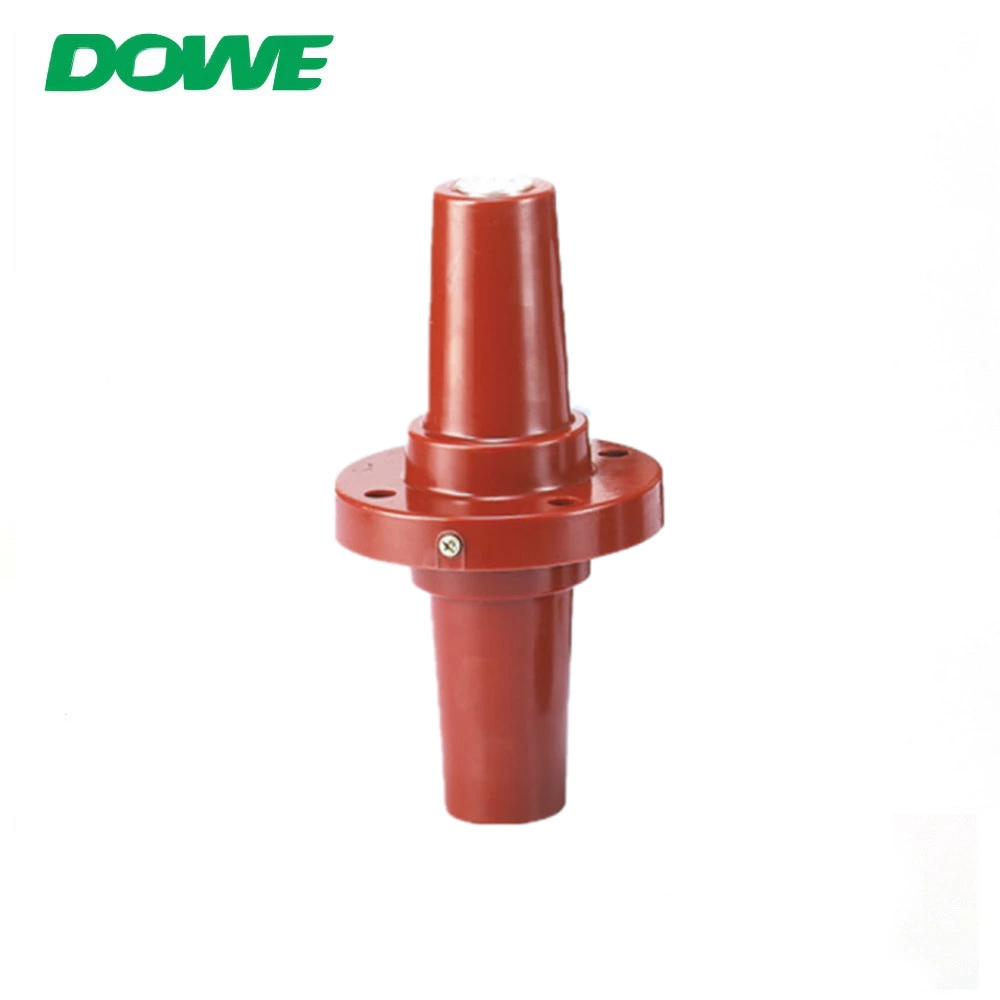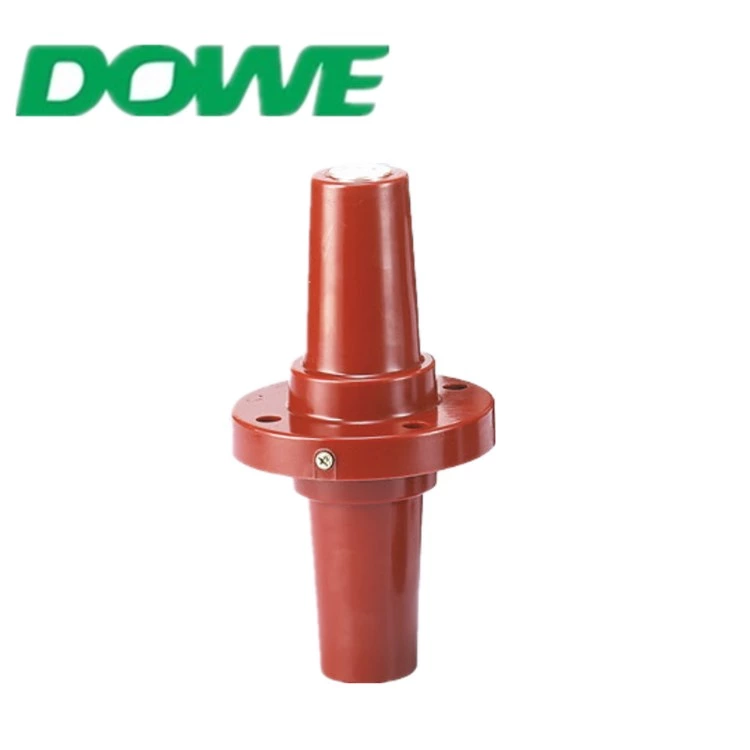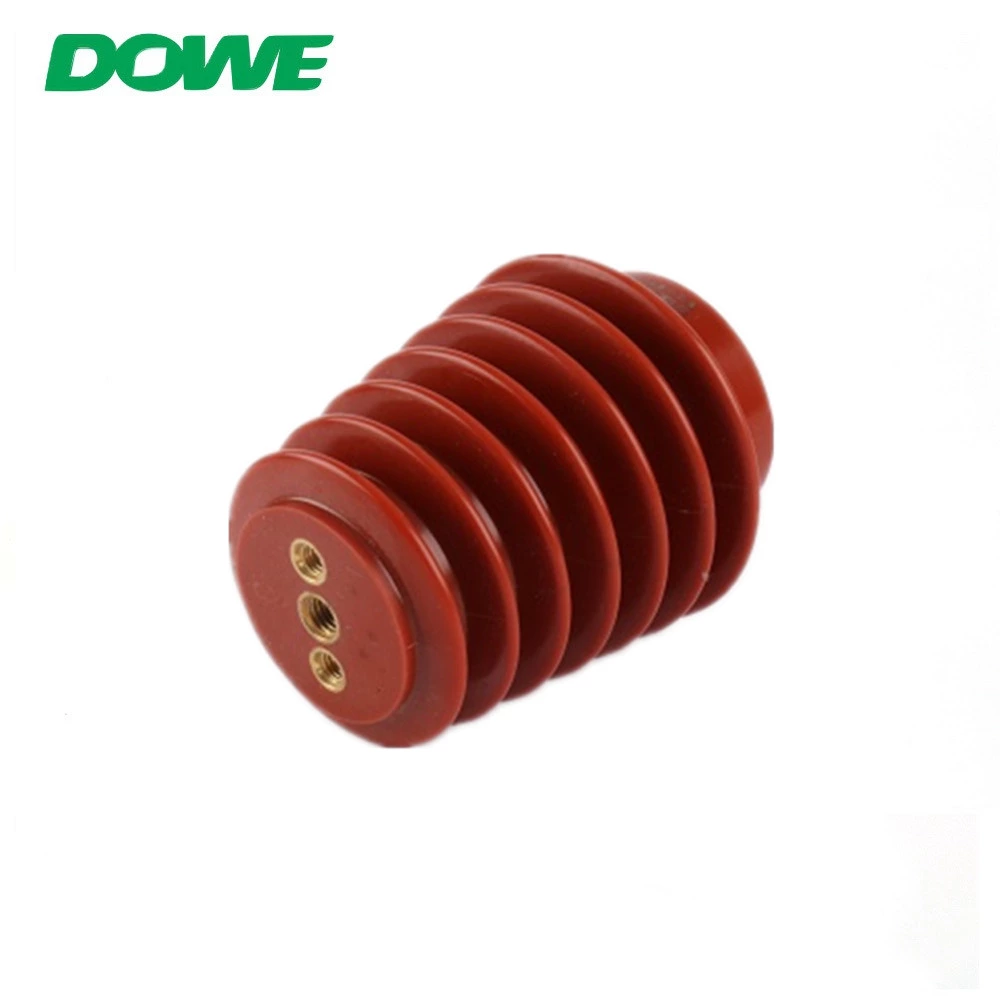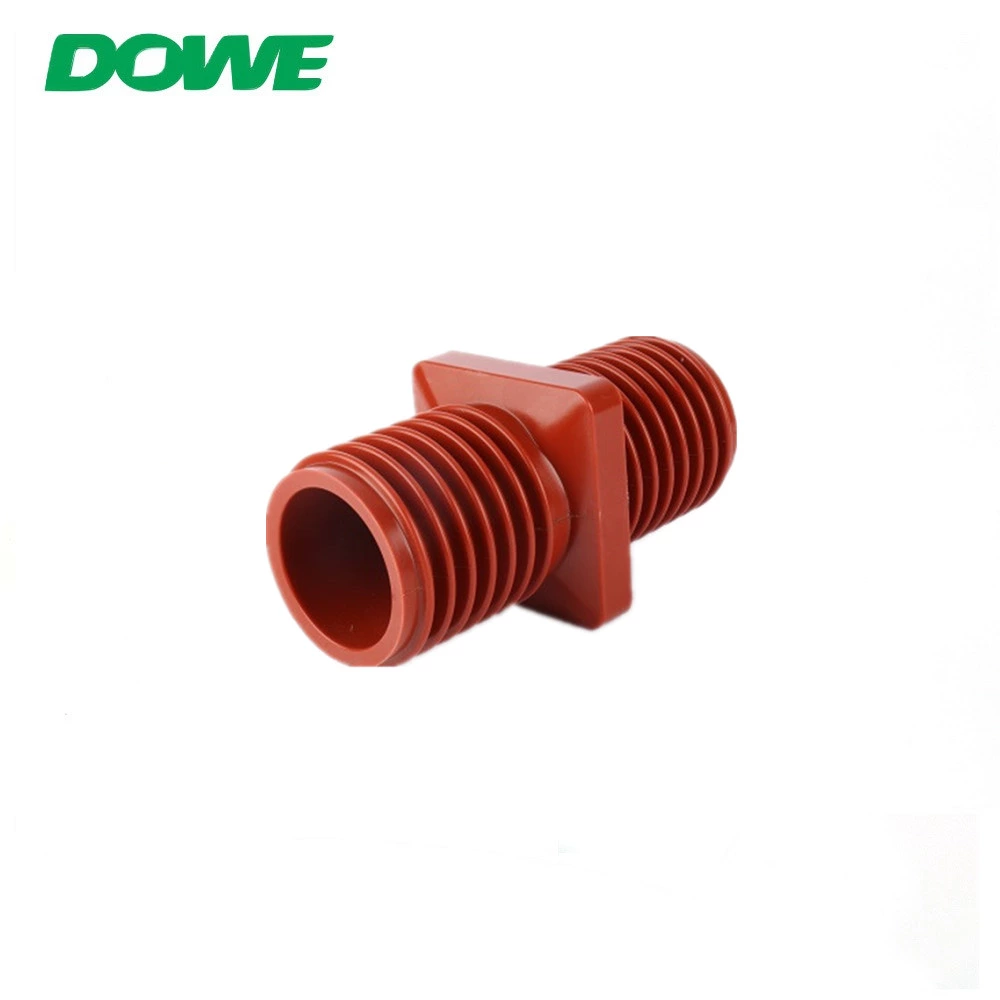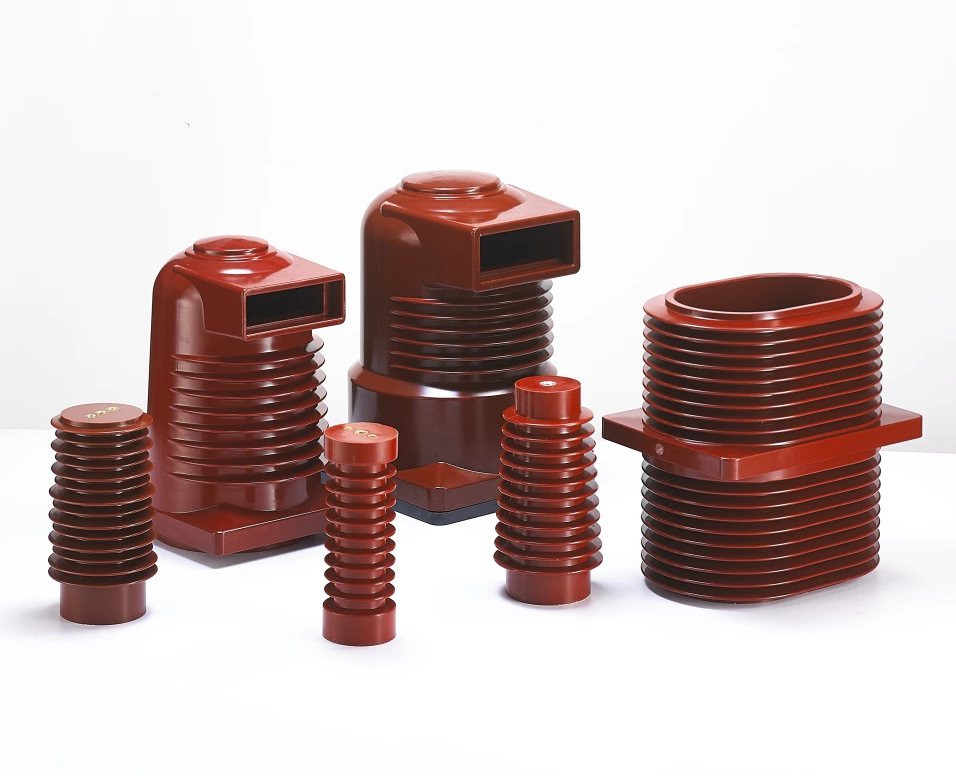Why Is it Important to Choose the Right Busbar Support Insulator Material?

Choosing the right busbar support insulator material can make or break your electrical systems. Problems like overheating and failures1 can arise from poor material choices.
Selecting the appropriate insulator ensures optimal performance, safety, and compliance with industry standards2.
I remember the first time I encountered a busbar failure due to inadequate insulation—it was a lesson learned the hard way.
- How Does the Insulator Material Affect Busbar Performance?
- What Key Factors Should Be Considered When Selecting Insulator Materials?
- How Do Material Choices Impact Compliance with Global Standards?
- Conclusion
How Does the Insulator Material Affect Busbar Systems Performance?
Choosing the right material directly impacts the efficiency and reliability of busbar systems.
The material determines the insulator's ability to withstand electrical loads and environmental conditions.
Understanding these factors is crucial for maintaining system integrity.

Electrical Load Capacity
Different materials can handle varying levels of electrical stress3. For example:
| Material | Maximum Voltage | Thermal Resistance |
|---|---|---|
| Porcelain | Up to 35kV | High |
| Polymer-based | Up to 72.5kV | Medium |
| Glass | Up to 45kV | High |
Environmental Durability
The right insulator material resists environmental wear and tear, ensuring longevity.
What Key Factors Should Be Considered When Selecting Insulator Materials?
Selecting the right insulator involves evaluating multiple critical factors to ensure suitability.
Factors like thermal performance, mechanical strength, and compliance with standards are essential.
Making informed decisions here prevents future complications.

Thermal Performance
The insulator must efficiently manage heat generated by electrical currents to prevent overheating.
Mechanical Strength
It should support the busbar securely, maintaining stability under various conditions.
| Factor | Importance Level |
|---|---|
| Thermal Performance | High |
| Mechanical Strength | High |
| Cost Efficiency | Medium |
| Ease of Installation | Medium |
How Do Material Choices Impact Compliance with Global Certification Standards?
Adhering to global certification standards is non-negotiable for international business.
Choosing certified materials ensures your products meet safety and quality benchmarks worldwide.
This compliance builds trust with international clients.

Certification Requirements
Different markets have specific certification needs, such as IEC, UL, or CE standards4.
Quality Assurance
Using the right materials guarantees that your insulators perform reliably, meeting all necessary guidelines.
Conclusion
Choosing the right insulator material is crucial for performance, safety, and compliance.
-
readers can understand the risks and impacts of overheating in electrical systems. ↩
-
readers can learn about the relevant industry standards that ensure the quality and safety of insulators. ↩
-
readers can gain insights into how electrical stress affects insulator performance and longevity. ↩
-
readers can understand the specific certification requirements from IEC, UL, and CE for insulators. ↩

